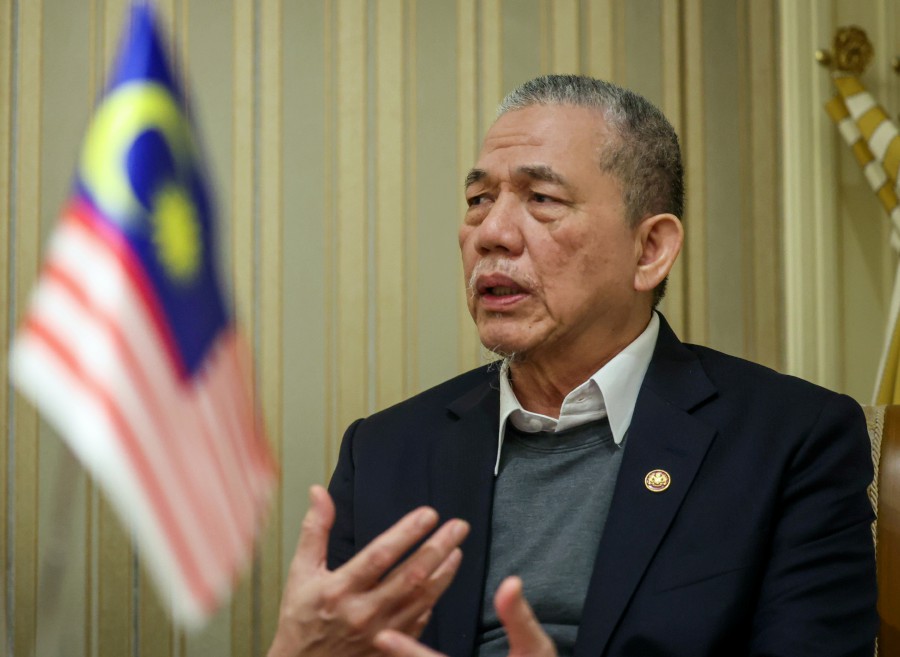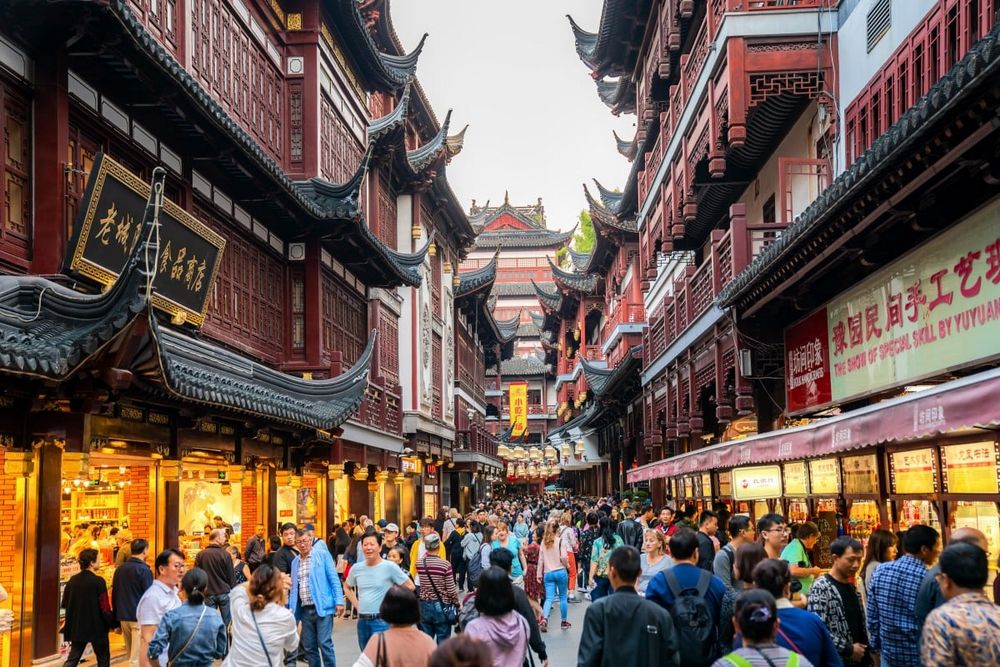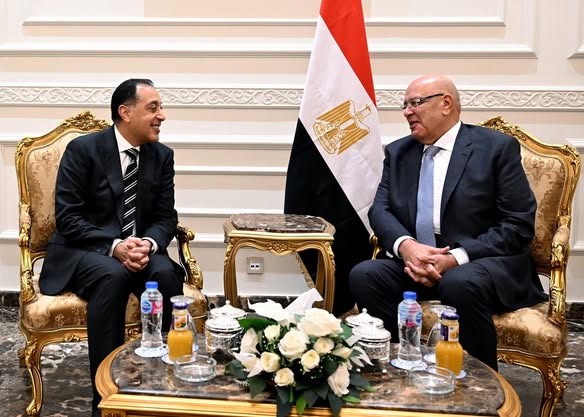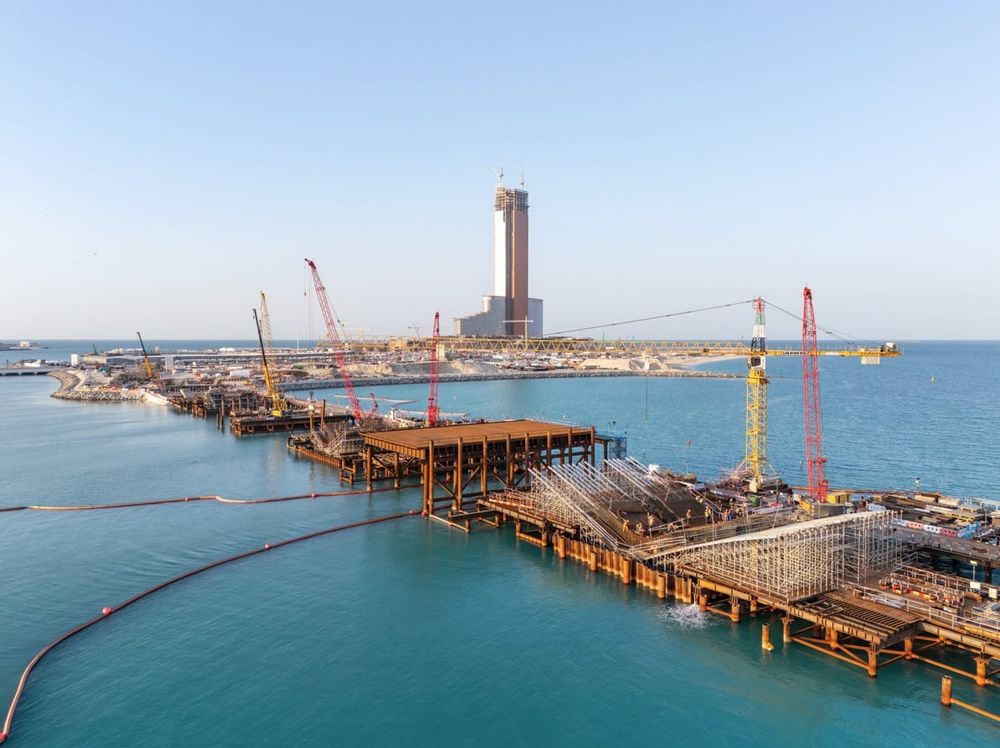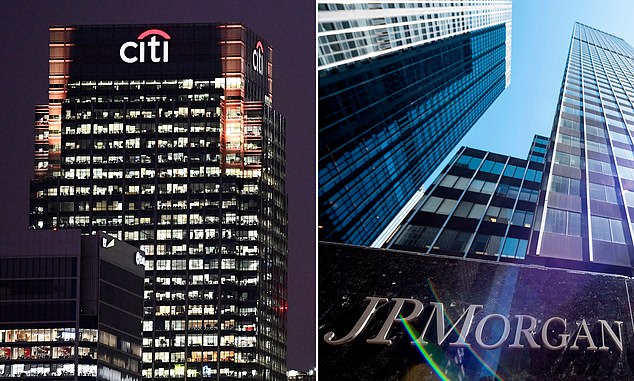After the rapid expansion of Brazil’s gaming industry and the implementation of new regulations, India is emerging as the next major market for gaming operators. With a growing digital economy, increasing smartphone penetration, and ongoing discussions about regulatory changes, the country is drawing significant attention from the global gaming sector.

Brazil, which legalized sports betting in 2018 and introduced stricter regulations in 2023, is expected to see online betting account for 55% of its gambling market by 2025, according to H2 Gambling Capital. The rapid development of Brazil’s industry has set a precedent, leading international gaming operators to explore new opportunities in markets with similar potential.
India’s gaming sector is on a strong upward trajectory. According to Mordor Intelligence, the market is projected to grow from $3.49 billion in 2024 to $7.24 billion by 2029, with an annual growth rate of 15.68%. The expansion is fueled by a young population, higher disposable income, and the widespread availability of mobile internet.
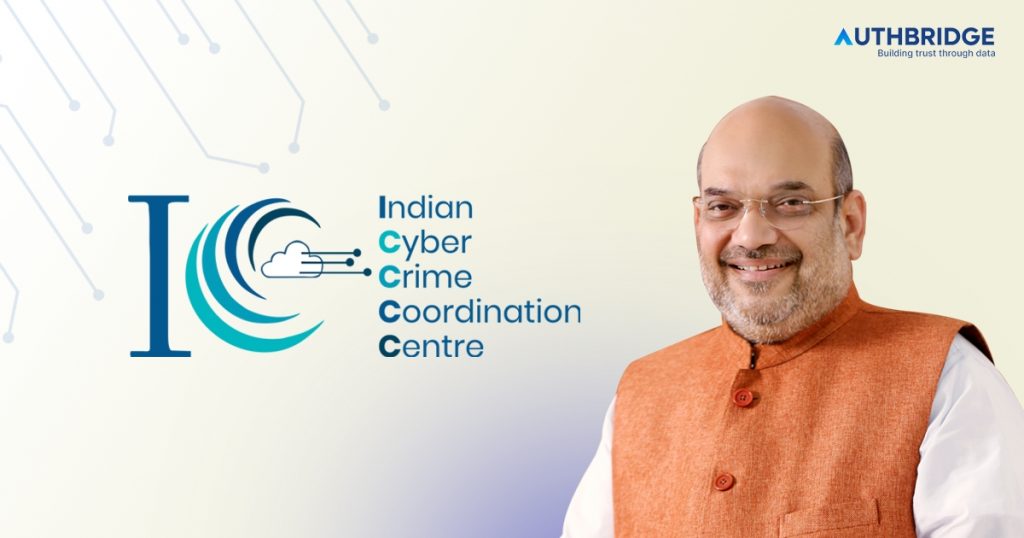
Despite the industry's rapid growth, India’s legal framework for gambling remains fragmented. While some states allow certain forms of betting, others impose strict bans. The Ministry of Home Affairs (MHA) has initiated discussions on the need for a central gaming law. In a recent meeting involving the Intelligence Bureau and other agencies, the government assigned the Indian Cyber Crime Coordination Centre (I4C) to assess the necessity of new legislation. The findings of this study could influence future regulatory decisions.

With over 650 million internet users, India represents one of the largest untapped gaming markets globally. The industry’s growth, coupled with the possibility of regulatory reforms, has positioned India as a key focus for gaming operators looking to expand beyond Brazil and other established markets.












